Alexa vs Siri vs Google Assistant
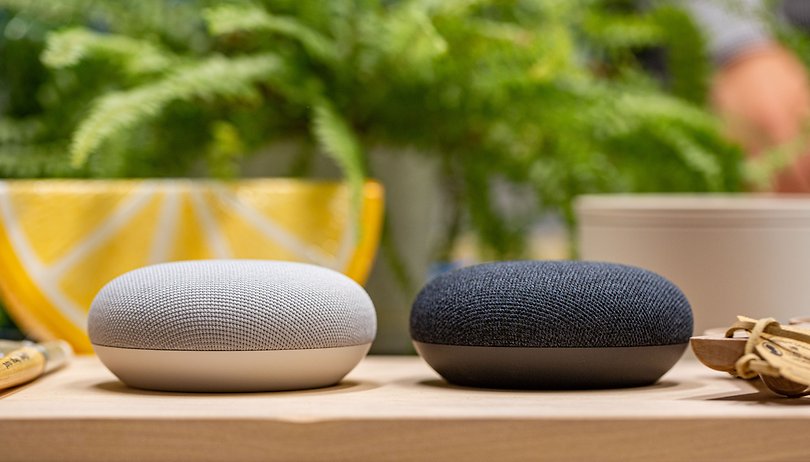

"Hey Siri, how's the weather?", "Alexa, turn on the lights!", "Hey Google, when's my next appointment?" Voice control is in vogue and has quickly gained a firm place in the everyday lives of many people. The five major systems from Amazon, Apple, Google, Microsoft and Samsung have different strengths and weaknesses. We'll take a look.
Summary:
Amazon Alexa
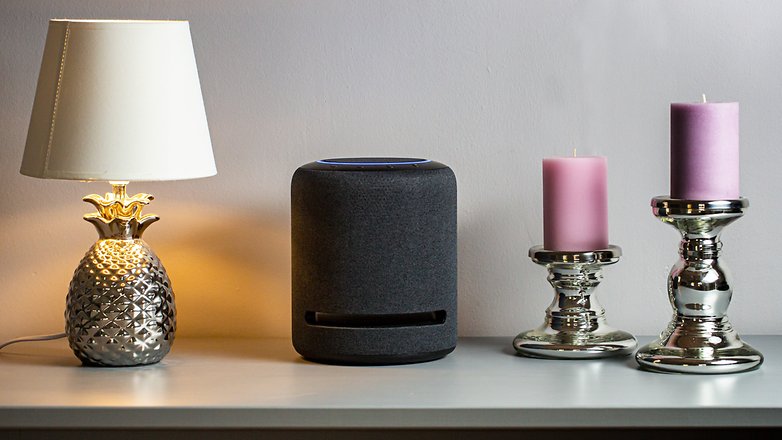
Amazon Alexa pros and cons:
| Pros | Cons |
|---|---|
| Good for shopping | Speakers not the prettiest |
| Good third-party support | Security and privacy concerns |
Strengths: The assistant of Amazon is called Alexa, but she also listens to other names on request - Trekkies will prefer "computer". Alexa is mainly found on speakers, both Amazon's own Echo devices and many third-party products. She reacts to your voice which makes the operation very comfortable. You don't need a PC or smartphone, even though Alexa also works on mobile devices.
The system is closely linked to the Amazon ecosystem and can therefore also be used for shopping if the user wishes. Third-party providers such as Spotify can be easily integrated and controlled, and skills continue to expand the range of functions. Alexa devices are available in all sizes and price ranges, there is something for everyone. Alexa can also control almost any smart home device, with the right speaker there's no need for an external hub.
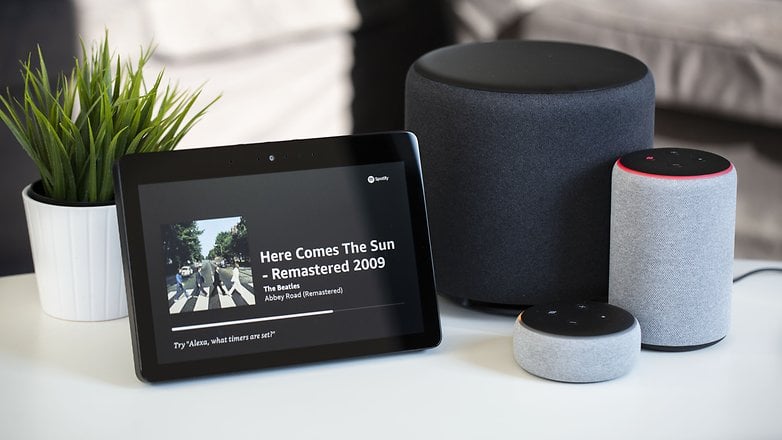
Weaknesses: Since November 2018 there is an Alexa app for the PC, but here it is hardly used. What would be good for the platform would also be better quality management of the skills, because even though there are a lot of good applications, there are still plenty of pointless ones in the crowd.
A small question mark leaves Alexa when it comes to safety, just remember the story about the audio recordings sent to strangers. A product that is so closely linked to one of the largest online stores should be treated with particular caution. The Alexa app, which is used for configuration, is also quite lame and confusing.
Apple Siri
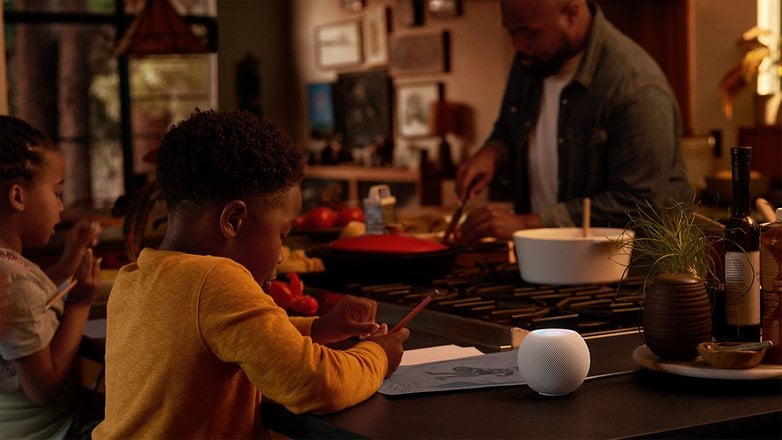
Apple Siri pros and cons:
| Pros | Cons |
|---|---|
| Good for those in the Apple ecosystem | You need another Apple device for it to work |
| HomeKit support for smart home brands | AI is lagging behind Google and Amazon |
Strengths: With Siri, Apple was one of the first providers of voice control, and you can tell the difference when you look at the quality of the language. Siri usually recognizes the spoken commands error-free and answers quite naturally. In particular, the dictation function, which has been integrated into all Apple platforms across all systems, benefits from this and is correspondingly popular. With the help of HomeKit, Siri is also very well suited for controlling the most important smart home brands.
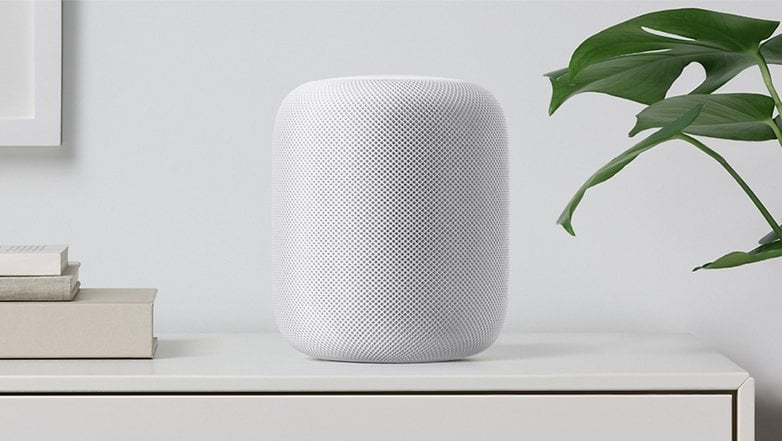
Weaknesses: Siri is from Apple and is therefore only available to a closed circle of customers - no Apple device, no Siri. Apple misses the area of loudspeakers with voice control in particular, which is very popular with customers, because only Apple fans will buy the rather expensive home pod.
Siri is lagging behind the Google Assistant in particular, but also Alexa in terms of functions and answers. The Apple assistant often simply refers to a web search because she does not understand the content of the question or does not support the desired function.
Google Assistant
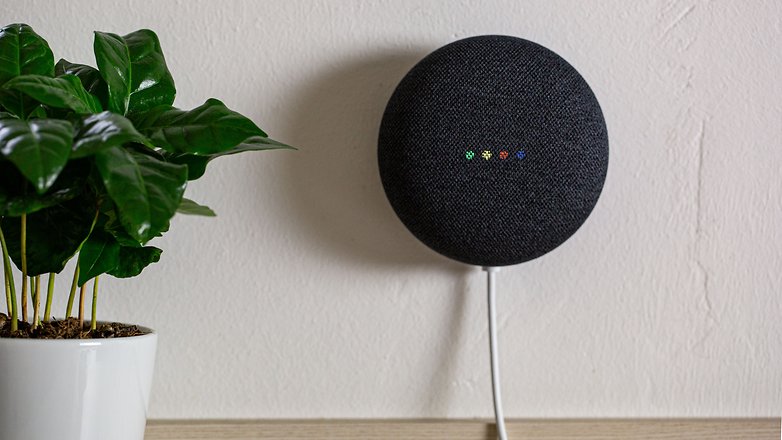
Google Assistant pros and cons:
| Pros | Cons |
|---|---|
| Best AI thanks to enormous distribution | Google has enough of your data already |
| Good third-party speaker support | Works best when you give it access to everything |
Strengths: The Google Assistant has an enormous range due to the distribution of Android, because it is pre-installed on almost all current Android smartphones and tablets. It answers quickly and can deliver extremely accurate and personalized results by ideally accessing contacts, appointments, search history, and all the other things Google knows.
Smart home connectivity is mastered by the Google Assistant as well, even via smartwatch. The Assistant enters the living room through Google Home speakers and third-party devices.
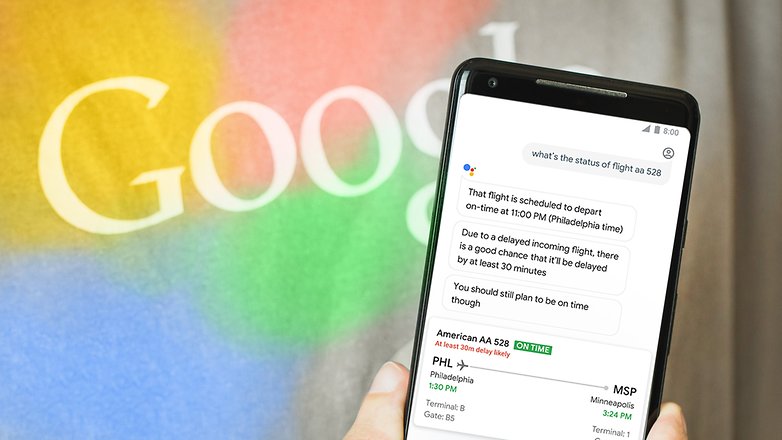
Weaknesses: If you're worried about Google and your personal data, be aware that that is also an issue with Assistant. Assistant only works really well if it knows as much about you as possible - not every user likes that, and that's totally understandable. It would be good if Google were to create better opportunities to protect privacy here, for example through different levels of data release to the assistant. Like Alexa, Google also leaves out the area of computers, there is no assistant here.
Microsoft Cortana
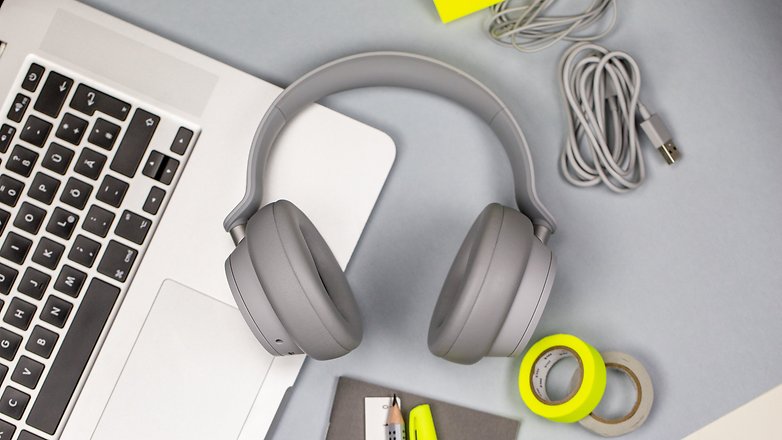
Microsoft Cortana pros and cons:
| Pros | Cons |
|---|---|
| Good speech quality | Poor third-party speaker support |
| Already on your Windows PC | Lack of skills seen at Amazon and Google |
Strengths: Cortana, the language assistant at Microsoft, is especially good at two things: speaking and understanding. Text comprehension and speech quality at Cortana are very good compared to the competition. The wizard, which is pre-installed on every current Windows computer, also has an open API interface for developers and is available as an app for Android and iOS.
Cortana can be operated not only via the spoken word, but also via the text input, the corresponding field in Windows can be found at the bottom left of the icon for the start menu.
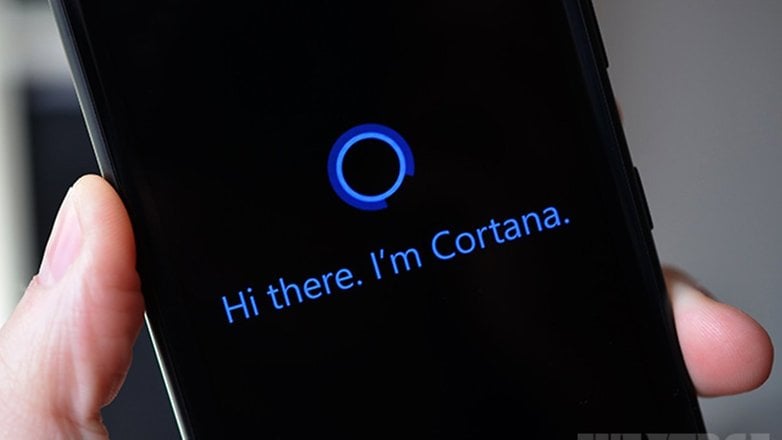
Weaknesses: The spread of Cortana away from Windows computers is weak. There is only one loudspeaker with the system and its popularity is quite manageable. On the PC, many users switch off Cortana, partly because there is often no microphone on the classic desktop. Cortana also lacks the important dictation function, which saves the user the hassle of typing.
Skills like with Alexa or constantly new functions like with the Google Assistant are also searched in vain with Cortana. The fact that Microsoft requires its own Android launcher in order to network its smartphone more closely with the PC also means that Cortana hardly plays a role in smartphones - the assistant is already there and the hurdles for Cortana are too high.
Samsung Bixby
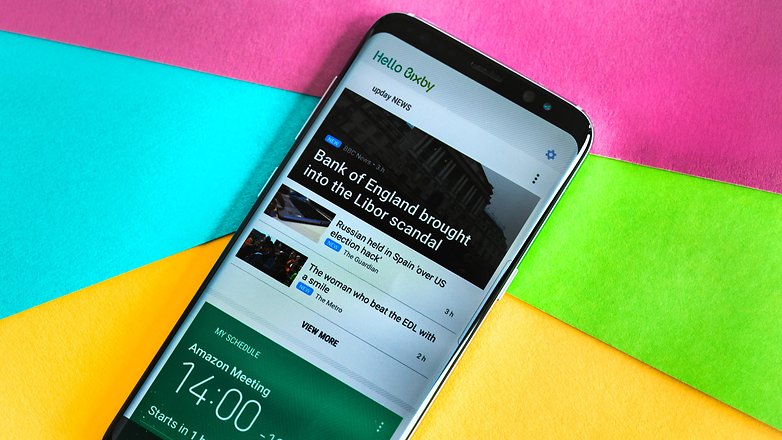
Samsung Bixby pros and cons:
| Pros | Cons |
|---|---|
| Samsung account holders will find it easily accessible | Only available on Samsung devices |
| The weakest in terms of AI |
Strengths: Samsung's Bixby was created specifically to connect the many different Samsung devices and work across platforms. The basis is there and Bixby is becoming more and more useful. The dedicated Bixby button on some Samsung smartphones ensures that the assistant is always ready when you need it.

Weaknesses: Similar to Siri, Bixby is a walled garden situation, because the assistant only works on Samsung devices. So if you don't have a Galaxy smartphone or other supported device, forget it. Bixby speakers are also planned for on the market, but there is just one model - Samsung's own, of course. In addition, the development of Bixby has been very slow until now, especially when it comes to language learning. New features take quite a while for Samsung to release them.
Which voice assistant is your favourite? Have you tried them all?
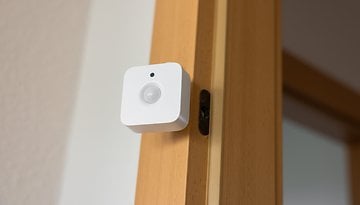
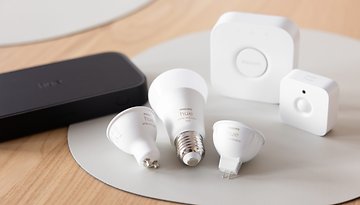




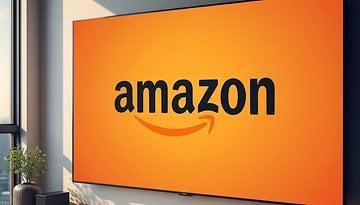

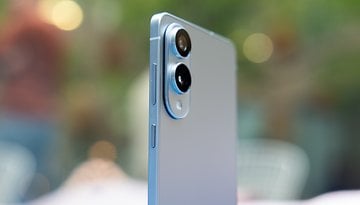
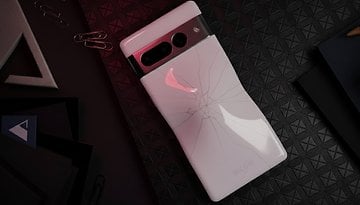
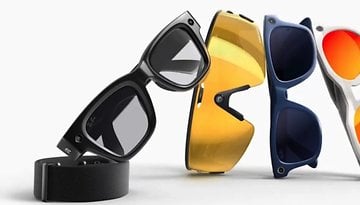
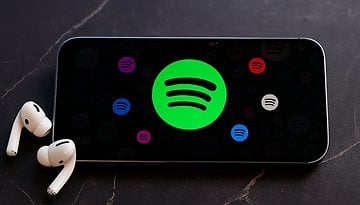


according to my opinion google assistance is the best one.
Google assistant is the best part of development
From what I've experienced, Google is far superior to Siri in comprehension and context for the spoken word. For simple commands, they are both pretty good but for dictating a text message Siri frequently outputs incomprehensible babble (and no, I have pretty good pronunciation skills with a neutral American English accent).
I use Alexa on my fire TV, Siri on my iPad and iPod, and Google assistant on my Google home mini and Pixel 2. Is anyone perfect? Nope. But Google assistant and Alexa are close to being the best IMO. If I had to choose one, it'd be Google assistant.
Ableist nonsense.... The Deaf community would beg to differ...
I'm MOSTLY joking here but these concepts really make some assumptions about the user base that could use some improvement. even for just the elderly whose hearing and eyesight is poor. Something most of us will get to experience.
Won't use any, but will say I think Microsoft is finally cluing to the self-harm of confining its software to the Windows 10 desktop. It's already providing good Android Office apps, OneDrive, Swiftkey, a launcher, and is moving Edge (soon Chromium based) browser, Cortana, aka Missy Bing, is likely to be incorporated with all these, and I suspect we'll be seeing Microsoft-branded (and possibly Google-free) Android mobile devices sooner than later. (Though, given that Android is now about as big and resource intensive as Windows 10, and hardware is handling it, Microsoft might take another run at a mobile OS.)